Scholar Spotlight - Fatima Formuli

Discover more Scholar Spotlights.
Fatima Formuli, a University of Toronto Laidlaw Scholar and Social Sciences Subject Co-Lead, on improving mental health access for Muslim Canadians and the importance of communities.
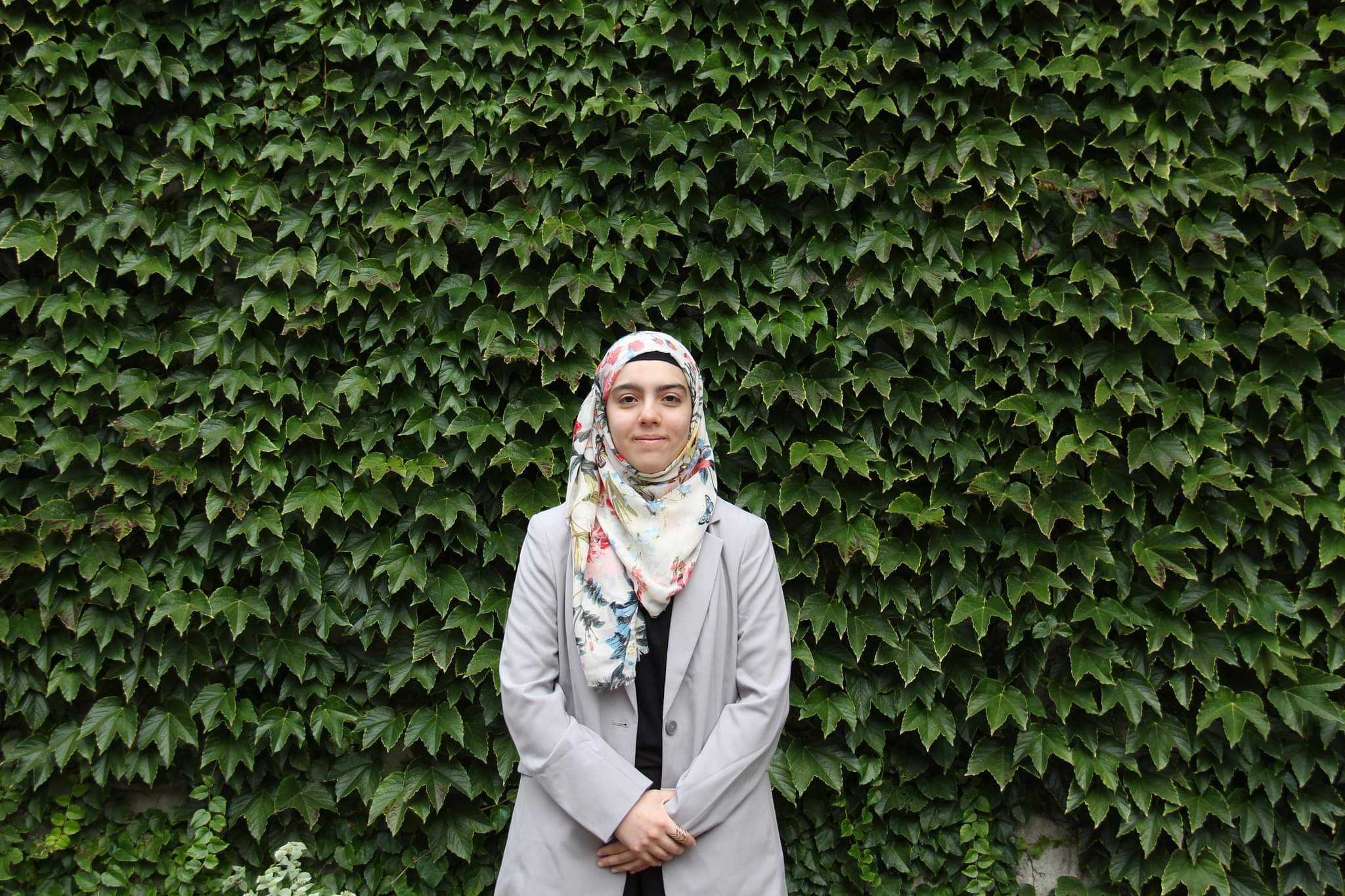
Research title: A review of mental health strategies among minorities to inform approaches for help seeking for Muslim Canadians
Muslim Canadians are a diverse group and face unique challenges when accessing mental health services. From reviewing critical literature and from personal experience, I have found that these challenges include discrimination from healthcare providers and stigma from their own communities.
The literature that I reviewed didn't suggest any Muslim Canadian initiatives that had been successful in increasing "help seeking," the process by which people can access external mental health support such as therapy or crisis hotlines. As Islam is the fastest-growing religion in Canada, there's an urgent need to evaluate ways to increase help seeking among this population.
For my research project, I sought to explore how we can combat this issue and by assessing how other similar minority groups in western contexts promote help seeking in their communities, with hopes for this to be applied to Canadian Muslims.
I found intersectionality and prioritizing community-based interventions as potential major themes that can increase help seeking. For example, while Imams work closely with Muslims to provide regular religious counselling, they are not trained to support mental health. Training these religious leaders in counselling strategies, or training traditional therapists to better understand faith-based decisions, could benefit Muslim Canadian communities.
Where did your passion for this research originate?
In high school, I organized a conference and invited religious leaders to talk about how mental health impacts youth from a religious perspective. From then on, I was always curious about how mental health affects Muslim communities and whether there are strategies that could increase help seeking for my community.
When I saw the posting for the Laidlaw Scholars program, I decided I would explore this topic and address the gap in the literature on Muslim Canadian mental health. With the pandemic worsening mental health outcomes for many people, it felt even more fitting to explore this topic. While doing preliminary research to draft my proposal for the program, I came across examples of help seeking approaches that other minority groups found successful. This discovery got me thinking about how these strategies could potentially be applied to Muslim Canadians, given that this diverse population shares similarities with other minorities. Fast forward to today: I am happy with my project outcomes and might extend the project in the future. Who knows!
What is the most memorable moment from your Laidlaw experience?
This is my first year in the program, so I've only done the research component of the programme so far, but this has been an amazing summer!
Not only did I gain experience completing an independent research project, but I also learned how to search library databases to find the best sources. I studied how to properly use PsycINFO and contacted librarians whenever I needed help accessing articles. During my research, I also became more familiar with my university library's resources, and it's amazing how much support they offer! I took note of the library's services and will make use of them for course projects in my upper years.
Prior to being a Laidlaw Scholar, I had never done a research project on a topic I was passionate about, and through this experience, I was able to contribute to the literature to support Muslim Canadians like myself. I'll definitely carry this experience throughout future research and work opportunities.
What is the biggest challenge you came across, and what did you learn from it?
My biggest challenge was time management. Without the structure provided by class deadlines, it was more difficult to stay on task for my research project. I considered myself to be good at keeping on top of things but shocked myself because I struggled in the middle of my project with meeting the soft deadlines I had set for myself.
At that point, I re-evaluated my goals and my other commitments outside of Laidlaw. I became more comfortable saying "no" to things and reorganized my Google Calendar to set realistic time commitments. Doing so helped me get back on track and surpass my goals, finishing ahead of schedule. This gave me more time to study for final exams since I was taking 2 courses while completing my research project.
After my exams, I worked on a rough outline, drafted my paper, and then received feedback from my supervisor. I learned that it's important to start with an outline, as when you have a mass of research in front of you, it is intimidating to summarize it into a cohesive paper. An outline lets you see everything at a glance.
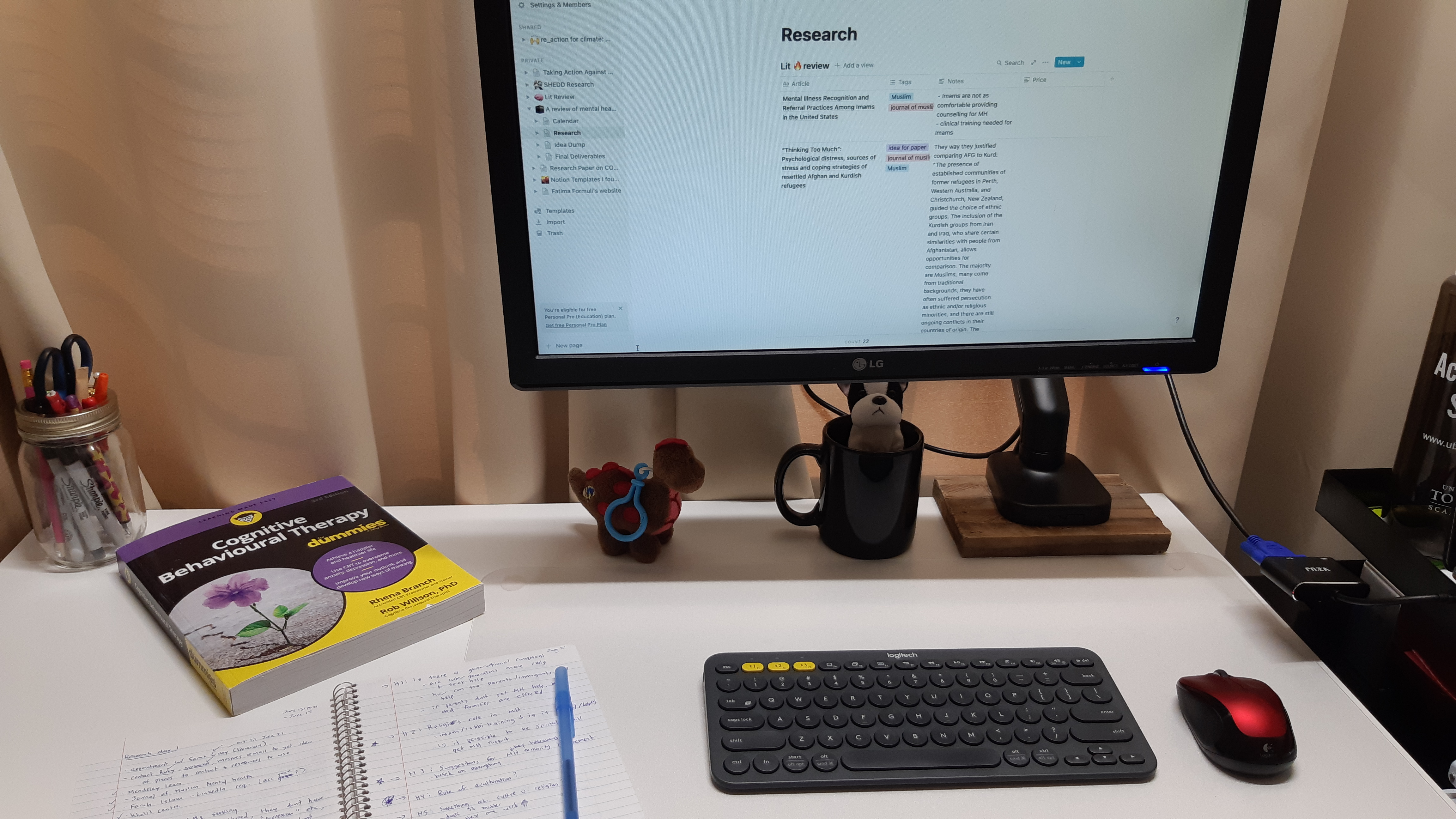
What does it mean for you to be a Laidlaw Scholar?
For me, being a Laidlaw Scholar means exploring new ideas, applying leadership skills, and looking at issues from different perspectives. For example, I participated in re_action for climate with some Laidlaw Scholars leading a volunteer project on tackling fast fashion. This type of project was new to me but through it, I learned more about myself and the skills I need to improve.
My Laidlaw experience thus far has been meaningful and I'm grateful to the Foundation for providing undergraduate students with this opportunity. Not only have I developed research, writing, analytical, and time management skills but I've connected with talented individuals who're leading inspirational projects. While reading content on the Laidlaw Network I'm constantly amazed by my peers' creativity! For my second year in the program, I hope to develop additional leadership skills through further training and look forward to putting my skills to the test.
Which leaders inspire you and why?
My own parents are amazing leaders and inspire me every day. My father has taught me to not be afraid to speak up when I witness injustice, while my mother has taught me eloquence and patience. Together, these values combine to form the ultimate duo - me (haha, I hope!). In all honesty, they continuously inspire me to be the hardworking person I am today and push me to apply my skills to solve real-world problems.
Briefly describe a scene from the future you are striving to create.
Regardless of what job I have in the future, I hope to contribute to creating an environment that is free from discrimination and prejudice of all types. Specifically, I would like to see everyone have equal access to and feel safe accessing healthcare including mental health services. This is very ambitious, but I know that small steps can pave the way forward.
Quick-fire Questions
📺 Currently binging: Manifest and Stranger Things

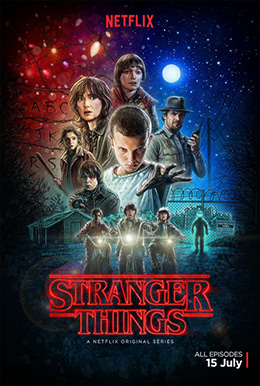
📚 My top book recommendation: Harry Potter and the Half-Blood Prince
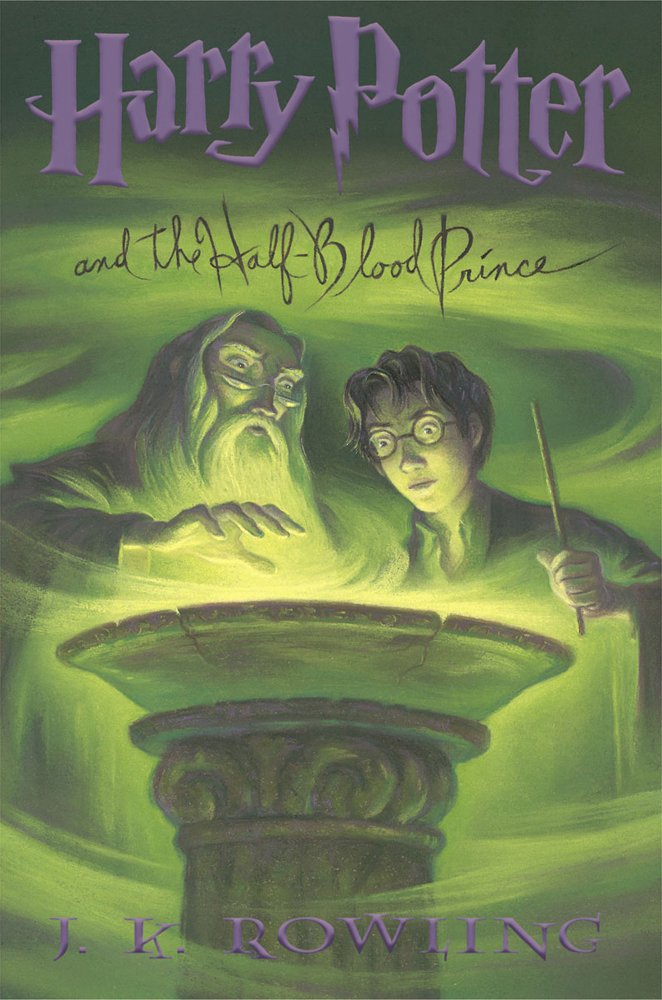
🎧 Podcast obsession: My own university’s podcast “The Meeting Place”. The student interviews are really inspirational!
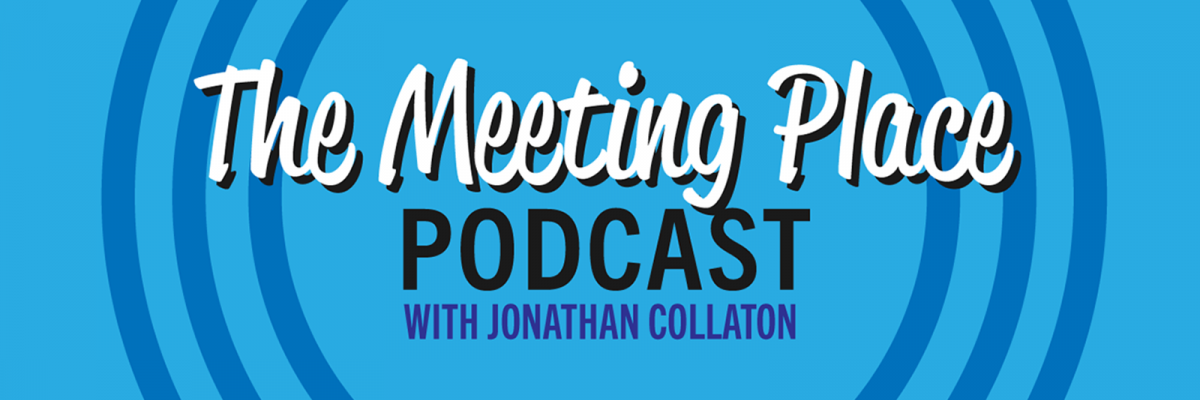
🌈 Something that made me feel joy recently: Beginning a new job on campus that allows me to interact with students from a research methods course!
❤️ A cause I care about: Get to know your university library! The people there are honestly gems and the resources are amazing! Librarians are truly there to help you succeed.
Connect with Fatima on LinkedIn or Twitter.
Fatima is a Social Sciences Subject Co-Lead, along with Cornell University Laidlaw Scholar Sarina Zhou. Join the Social Sciences community for regular networking sessions, engaging discussions, and all-around support.
🔦 Discover more Scholar Spotlights:
- Roberta Hannah (Columbia University) on researching the lives of Black LGBTQ+ elders, and exploring the overlooked subtleties that shape our lives.
- Polina Foteva (University of St Andrews) on working with a recently-discovered enzyme and making scientific knowledge more accessible.
- Inkindi Mutoni Sabine (University of Rwanda) on developing a phone-detecting technology to help students focus on their studies, and leading the STEM subject community.
- Jieran Sun (University of Hong Kong) on recovering rare books and medieval manuscripts, and clearing your emotional rent.
- Cath Brislane (University of York) on investigating rare language sounds, transparency in leadership and the glamorisation of overworking.





Please sign in
If you are a registered user on Laidlaw Scholars Network, please sign in